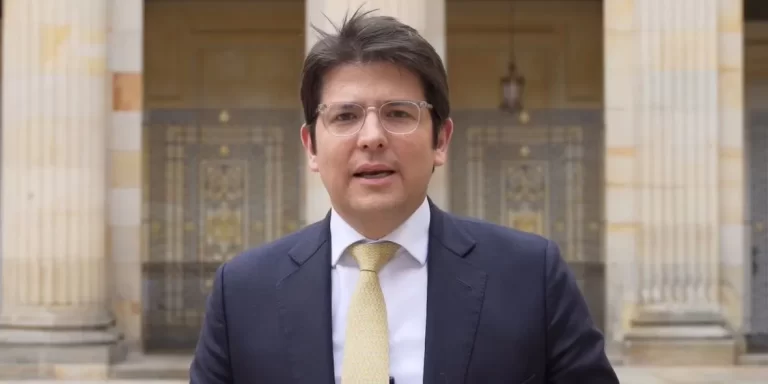[ad_1]
WASHINGTON (Reuters) – The U.S. Environmental Protection Agency on Thursday said it will reconsider a rule regulating coal ash waste from power plants in a win for utility industry groups that petitioned for changes.
The EPA, the lead environmental regulator in the United States, said it will reconsider specific provisions of the coal ash rule that took effect in 2015 that regulates how power plants manage and dispose of coal ash in waste pits.
The EPA said it is in the “public’s interest to reconsider specific provisions” of the regulation and figure out how to amend it to give states more leeway in how they tailor their permit programs to comply with the rule.
“EPA is not committing to changing any part of the rule, or agreeing with the merits of the petition – the Agency is simply granting petitions to reconsider specific provisions,” the EPA said in a press release.
Environmental groups warned that if EPA rolls back the safeguards, it would put the public at risk because coal ash pits are located near waterways and groundwater.
The Sierra Club said in a press release the move was “widely considered to be a ploy to scrap the protections entirely.”
The petitioners, the Utility Solid Waste Activities Group (USWAG) and AES Puerto Rico LLP, are Washington-based groups representing power companies.
USWAG argued in its petition the rules should be changed because a new law enacted after they were put in place made them unduly burdensome. It gives states the authority to police utilities disposing of coal ash waste, but the EPA rule currently prevents authorities from customizing its application.
USWAG President Jim Rower said his group did not expect the EPA to scrap the rules but rather to try to give states the authority to tailor them to specific conditions on the ground. He said a draft proposal the EPA was considering before it issued the final rule gave states flexibility while the final version did not.
“It makes good sense to put the flexibility back in,” he said.
Reporting by Valerie Volcovici; Editing by Jonathan Oatis and Cynthia Osterman
[ad_2]
Source link






Leave a Reply